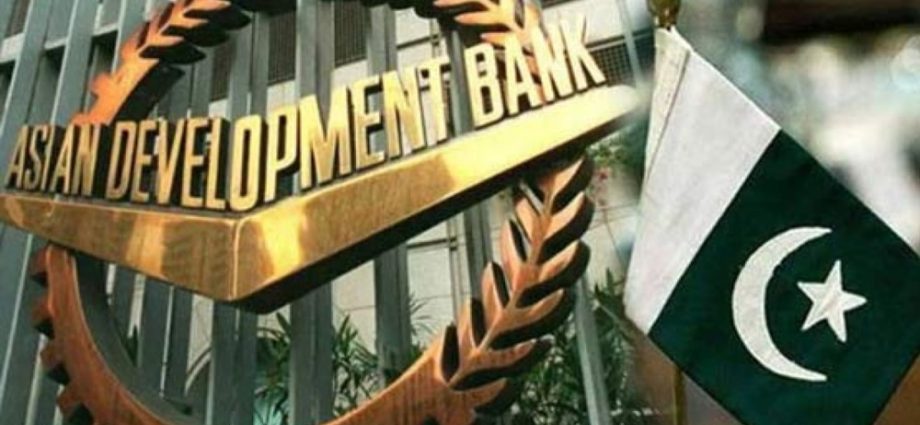“In Pakistan, growth is forecast rising at 1.9% in FY2024 (ending on 30 June 2024) and 2.8% in FY2025, up from the 0.2% contraction last fiscal year. The shift back to positive growth will come from a recovery in both agriculture and industry.
However, domestic demand will remain constrained by the surge in living costs and tight macroeconomic policies,” the regional bank said in its annual Asian Development Outlook Report 2024.
Political uncertainty that affects macroeconomic policy making will remain a key risk to the sustainability of stabilization and reform efforts. On the external front, potential supply chain disruptions from escalation of the conflict in the Middle East would weigh on the economy.
With Pakistan’s large external financing requirements and weak external buffers, disbursement from multilateral and bilateral partners remains crucial. However, these inflows could be hampered by lapses in policy implementation.
The report said that further IMF support for a mediumterm reform agenda would considerably improve market sentiment and catalyze affordable external financing from other sources.
It said the economy contracted as devastating floods, political unrest, and policy slippage curbed investment, consumption, and production. “Real GDP declined by 0.2% in fiscal year 2023 (FY2023, ended 30 June 2023) following 6.2% expansion in FY2022.”
On the demand side, private consumption growth slipped to 2.4% from 7.1% in FY2022, reflecting higher living costs and slower nominal income growth amid a weakening of employment.
A steep decline in imports from ad hoc import controls allowed net exports to contribute positively to growth, the report said.
Inflation will remain elevated at about 25pc in FY2024, driven by higher energy prices, but is expected to ease in FY2025.
While improvement in food supplies and moderation of inflation expectations will likely ease inflationary pressures, further increases in energy prices envisaged under the IMF SBA are projected to keep inflation high.
Tax collection increased by 29.5%, as reforms in the personal income tax, higher taxes on property transfers, and the reintroduction of taxes on cash withdrawals from banks and the issuance of bonus shares raised direct tax collections.
The report said Pakistan has one of the lowest financial inclusion rates for women in the world. While Pakistan’s overall financial inclusion has improved, the gender gap in account ownership more than doubled over the past decade, reaching 32% in 2021. The World Data Lab estimates that, without immediate action, this gap will widen to over 42% by 2030.
It called for the measures to remove barriers being faced by the Pakistani women while accessing finance.

